Within the radiologic sciences profession there is a need for qualified radiographers with the advanced skills necessary to provide patient services in cardiac interventional radiography, computed tomography, magnetic resonance imaging, mammography, and vascular interventional radiography. These professionals require unique skills specific to the specialty. Cardiac interventional and vascular interventional technologists assist physicians in performing diagnostic and therapeutic procedures of the cardiovascular system. These procedures involve the injection of iodinated contrast media to demonstrate diseases of the heart and blood vessels. Computed tomography (CT) technologists image selected planes of the body by combining the use of an x-ray beam and a computer. Magnetic resonance imaging (MRI) technologists utilize a magnetic field along with radio waves to create images of patients' anatomy for interpretation by a physician. Mammography technologists operate mammography equipment to produce images of the breast for diagnostic purposes.
The Bachelor of Science program in radiologic sciences advanced clinical concentration for radiographers is designed to prepare qualified radiographers with the skills to provide patient services in cardiac interventional radiography, computed tomography, magnetic resonance imaging, mammography, and vascular interventional radiography. Students select one of the clinical concentrations and receive a theoretical foundation and clinical education in their selected speciality.
Graduates of the Program
Graduates receive a Bachelor of Science degree and are eligible to take specialty examinations depending on their clinical concentration.
Length of the Program
A new class begins the professional course work in the fall semester and completes the professional year at the end of the following spring semester.
Structure of the Professional Program
All didactic classes are online. Clinical experience is scheduled in cooperation with the clinical site with most experience during normal daytime hours.
Design of the Professional Curriculum
Didactic courses and clinical experiences are integrated throughout the two semesters.
Opportunity for Students to Work
Students may be employed as radiographers while enrolled in the program. Students may find full-time employment during the professional year difficult.
Students already employed as technologists in one of the advanced clinical modalities are eligible for replacing clinical coursework with internship courses. The program does not provide internship placements for students.
Description of Facilities
The radiologic sciences offices are located in the Dunes Medical/ Professional Building at IU Northwest. Clinical experience is provided at local area hospitals.
Curriculum
General education requirements may be taken at Indiana University Northwest (IUN) or any accredited college or university on a part-time basis. The following courses that are followed by (G) meet the general education requirements of the College of Health and Human Services. *Courses must be completed with a grade of "C" or better:


